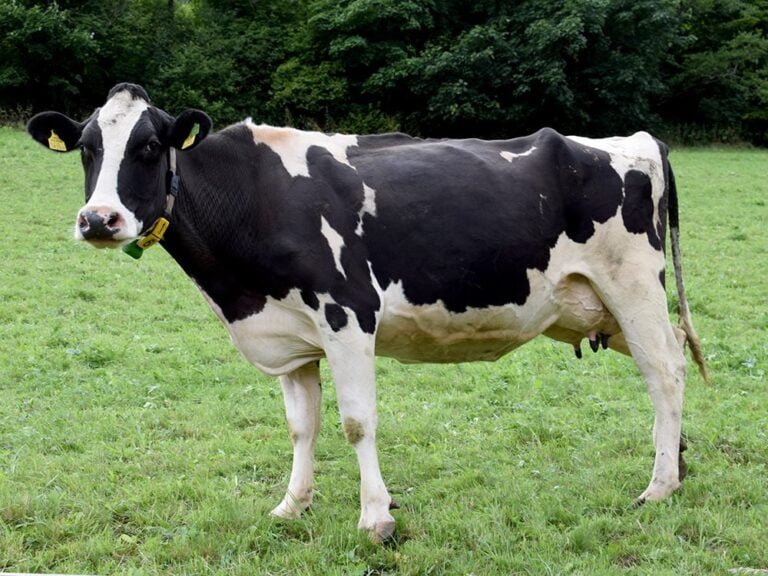semaine des quatre jeudis
A “semaine des quatre jeudis” means “never,” “something impossible,” “something that will never happen.” Literally it means “a week with four Thursdays,” implying that Friday and therefore the weekend will never come.
This expression is quite old, having been around since the end of the 15th century, when it was known as “la semaine à deux jeudis” (the week with two Thursdays). Since then, inflationary forces have increased the number of days to three and then to four, in its current version.
Equivalent English expressions include “when hell freezes over,” “a month of Sundays,” and “when pigs fly.”






